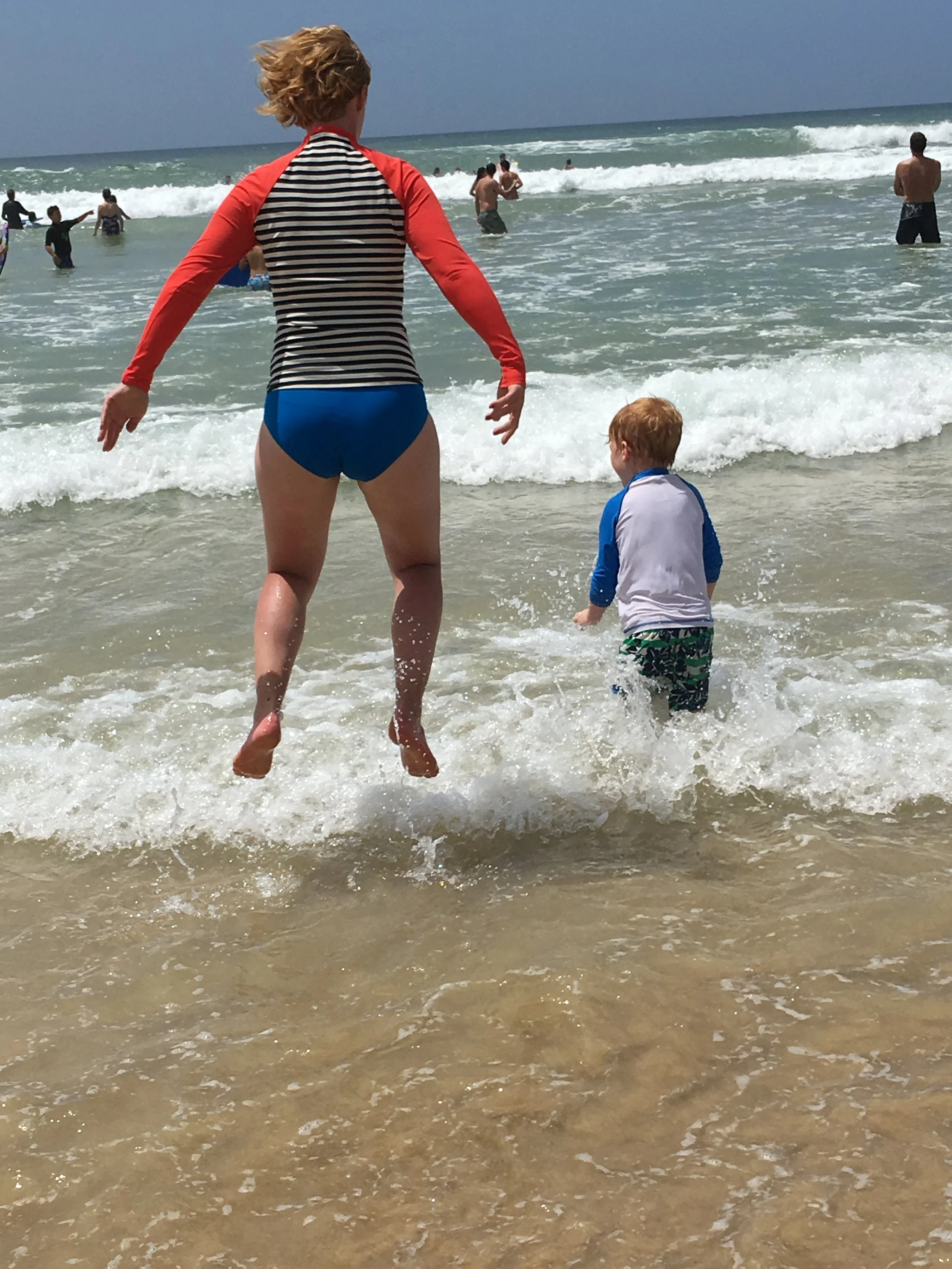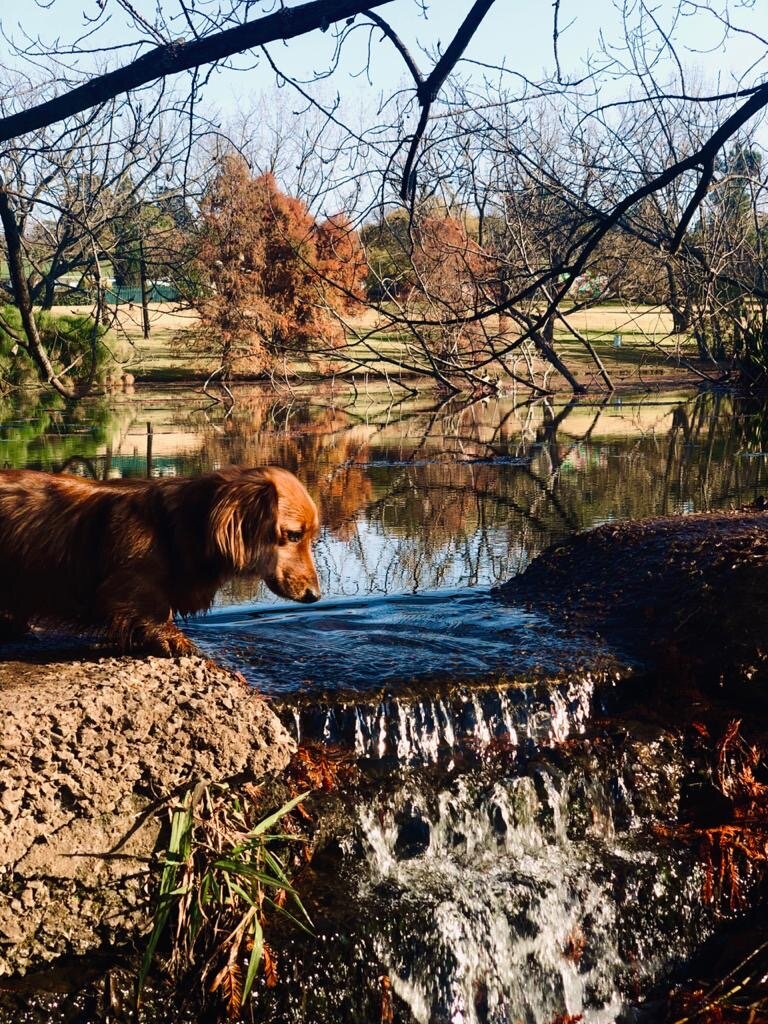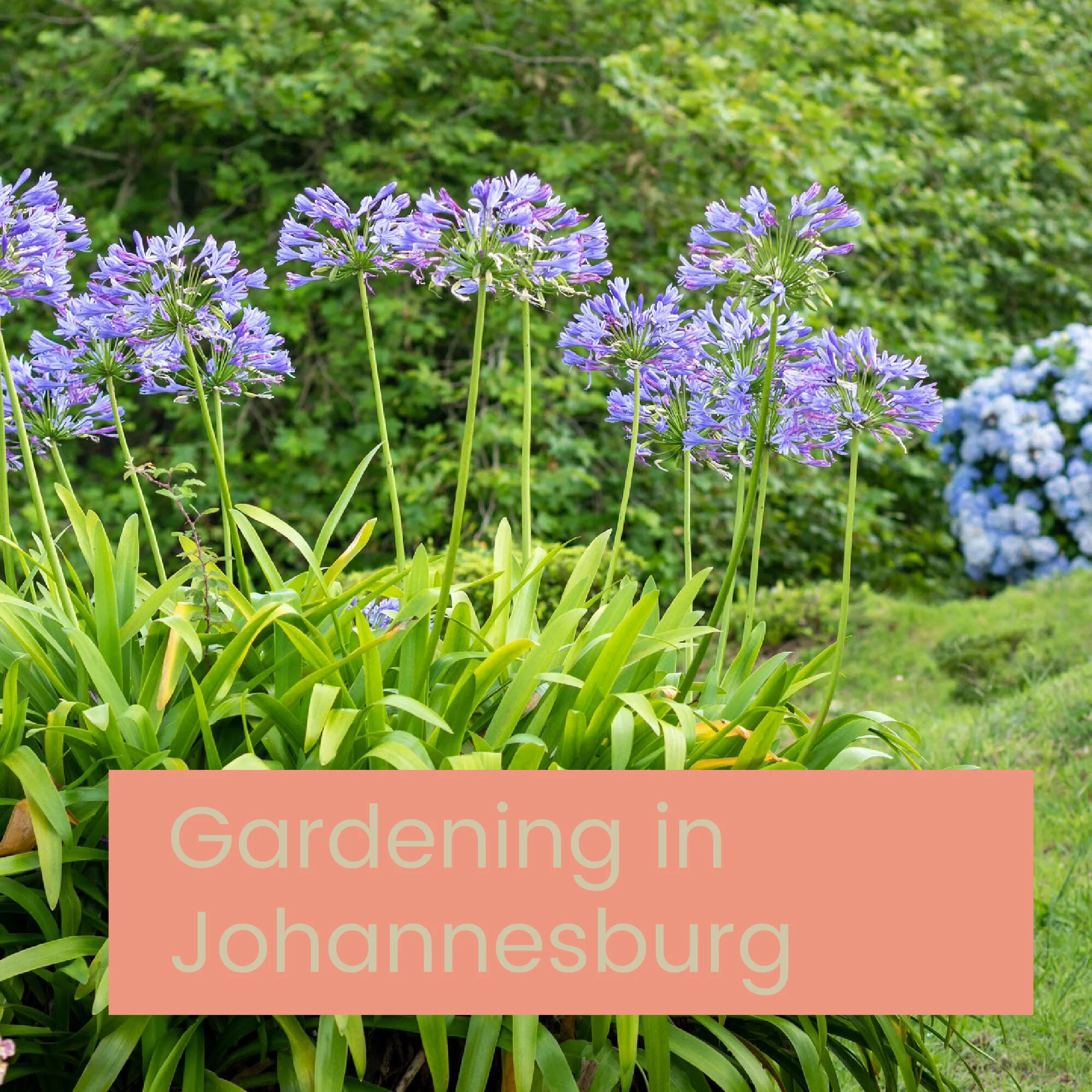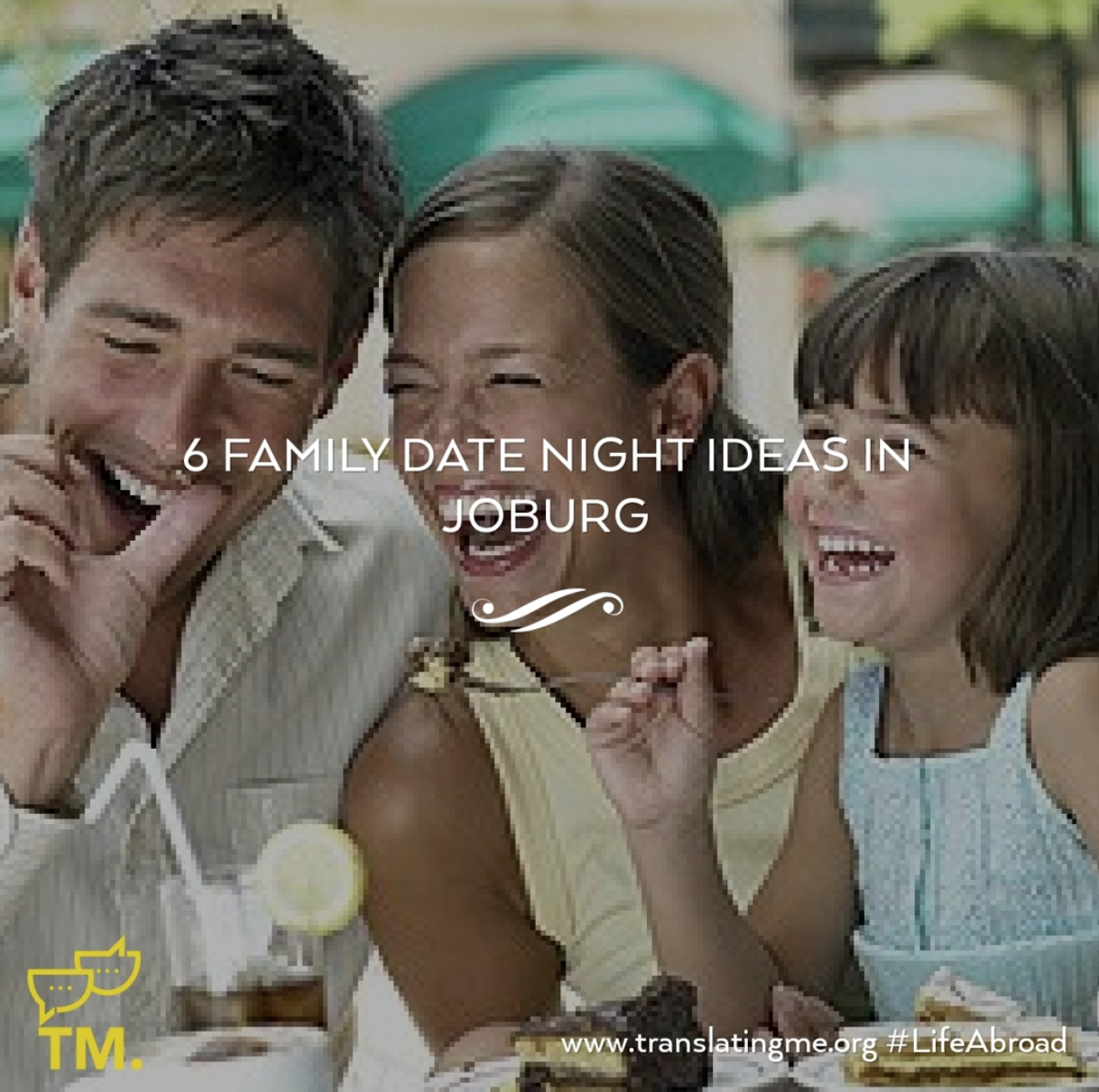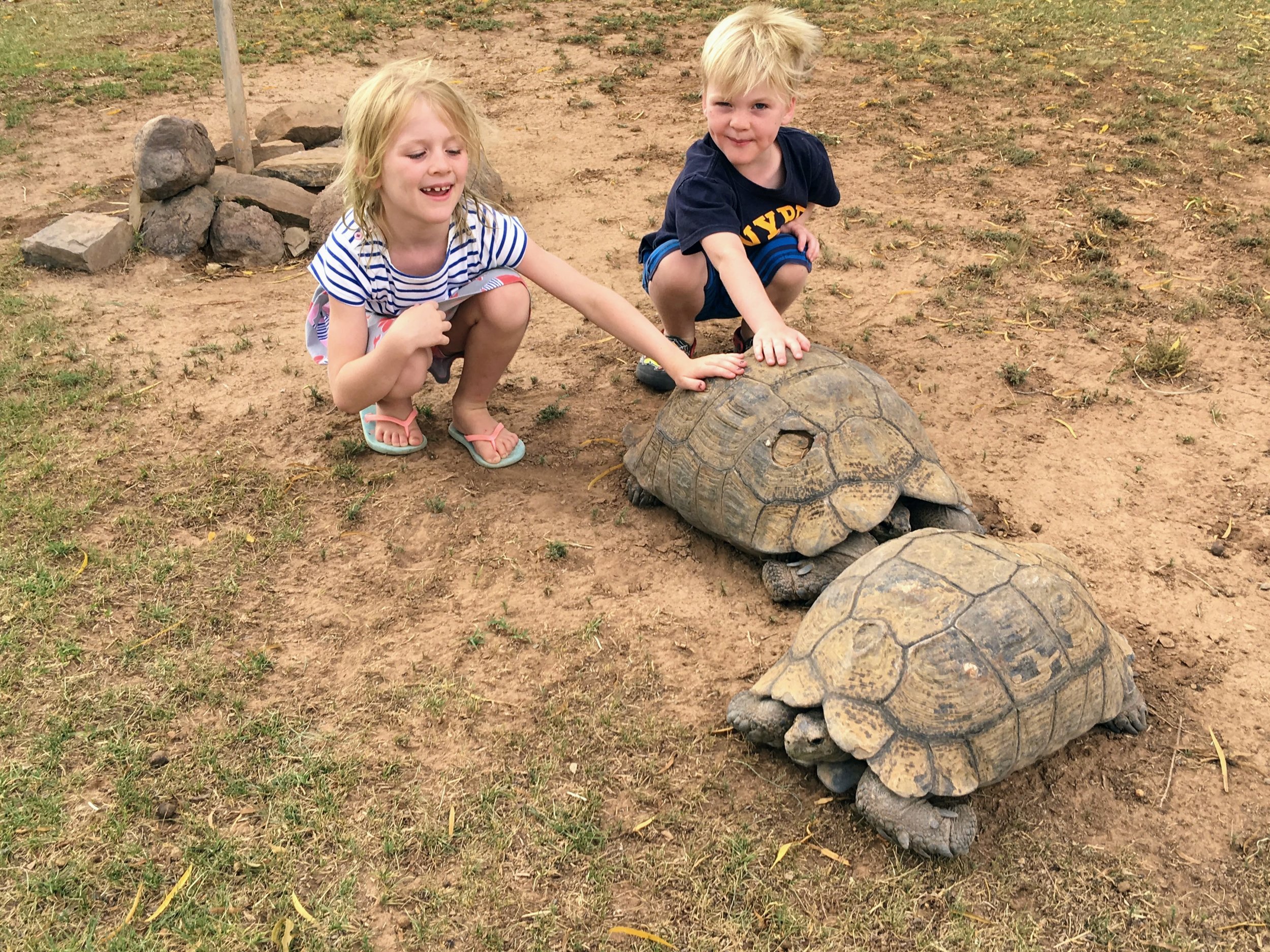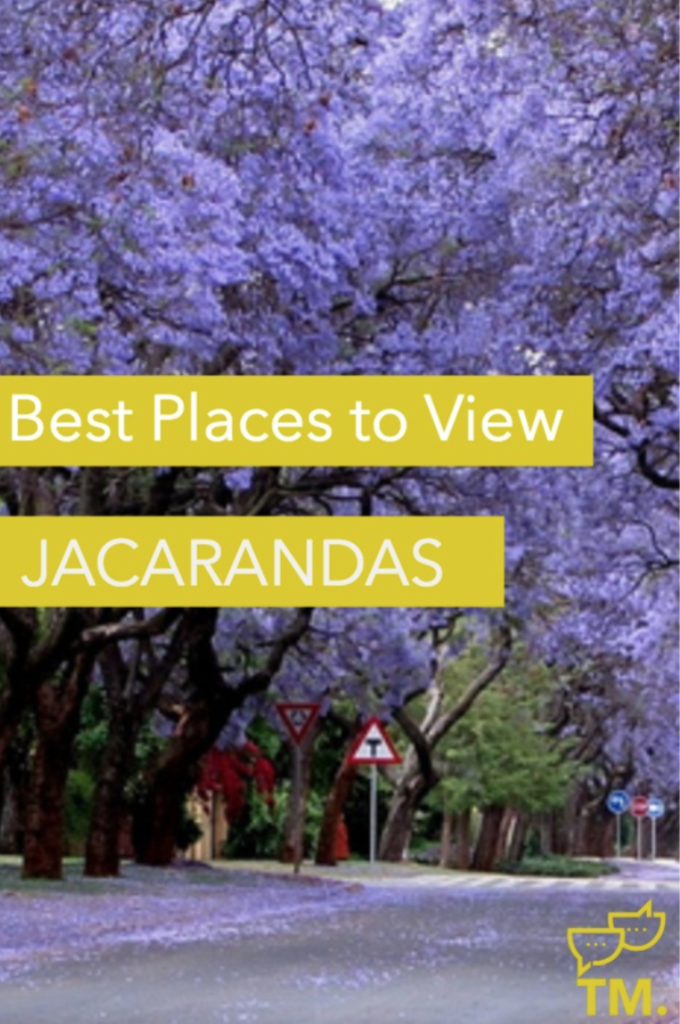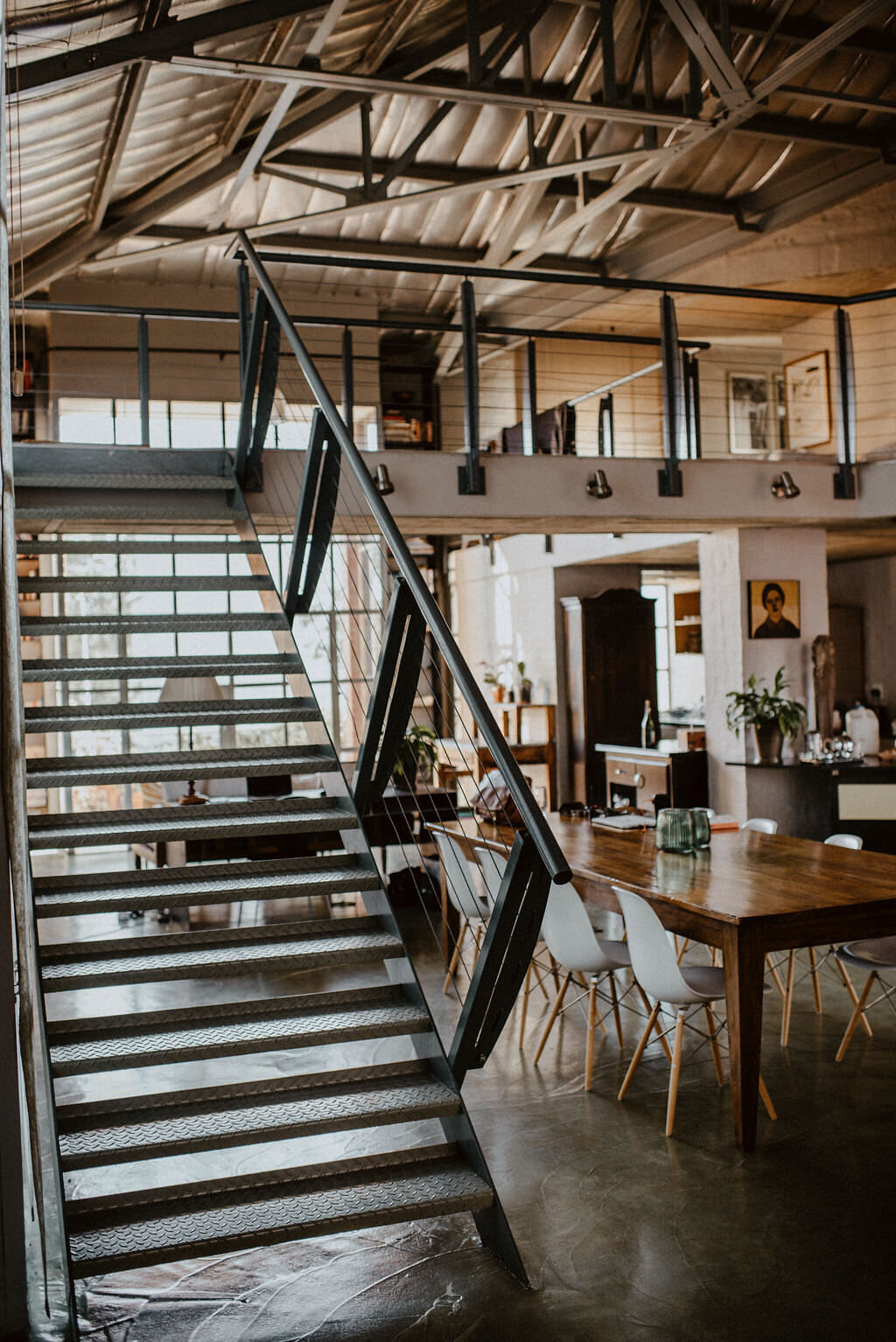There are three ways to legally reside in South Africa:
As a visitor
As a temporary resident
As a permanent resident
With a work permit
VISITOR VISAS
Visitor visas are valid in South Africa for 90 days, and many countries are exempt from having to apply for a visa in advance, although there have been many changes in the last year or two, so it’s best to double check with a South African embassy official in advance.
As an overall checklist, to visit South Africa you’ll need the following:
• A valid and acceptable passport or travel document for your intended stay that will not expire within three months
• At least two blank pages in your passport for endorsements
• A valid visa (If required from your country)
• Sufficient funds to pay for your day-to-day expenses during your stay
• A return or onward ticket
• Yellow fever certificates if your journey starts or passes through a yellow fever area in Africa or South America
NOTE: If you are traveling with minor children you will need to provide a certified unabridged birth certificate for each child, and if traveling without your spouse, you’ll also need to provide an certified affidavit from the missing parent. Click here to download a template affidavit form.
TEMPORARY RESIDENCE VISAS
If you would like to stay for more than 90 days, you’ll need to apply for a temporary residence visa.
One of the major changes to visa legislation over the past while is that you can’t apply for a temporary residence visa while in South Africa on a Visitors Visa. So, to stay legally in South Africa for longer than 90 days you’ll need to apply for this visa before you arrive in South Africa. (Though this has just been changed for visa exempt passport holders. Please check with your airline to confirm what you need!)
The list of temporary residence visas includes:
• Business visa
• Work permit/visa (the terms permit and visa are used interchangeably)
• Study visa
• Exchange visa
• Retired Person's' visa
• Relatives' visa
• Medical treatment visa
BUSINESS VISA
This is a visa for a foreign professional that wants to start their own business or would like to invest in a South African business. To qualify, you’ll need to invest R5 million into South Africa with funds that come from abroad.
Application Process for Business Visa
1. Submit an application for recommendation at the Department of Trade and Industry (DTI). This will be then be forwarded to the South African mission if the business is feasible and of national interest. You will be notified of this but won’t know if the recommendation was positive or negative.
2. The South African mission will then submit the notification in support of the business visa application, which will be approved or denied.
NOTE:
• A business visa can be extended from within South Africa.
• Annual conditions listed will need to be acted on annually if the visa is approved.
• A business visa holder can apply for permanent residence in South Africa at a VFS Centre immediately after the business visa is issued.
STUDY VISA
A study visa is required for any foreigner who would like to study in South Africa at any educational institution that is recognised by the Department of Education. If your child is attending a South African school they will need to have a Study Visa (from the year they turn 6 years).
VALIDITY: The study visa will be issued in line with the course of study at the chosen institution. The maximum period of time is 8 years for primary school and 6 years for secondary school.
MEDICAL AID: To qualify for a study visa the applicant will need to prove that they have adequate medical aid/insurance for the intended period of study and that this is recognised in South Africa.
ACCEPTANCE OR ENROLLMENT LETTER: You’ll need to provide an acceptance letter or enrollment letter from the chosen institution to apply for a study visa.
NOTE:
A study visa can be extended from within South Africa.
A study visa can be changed to a different visa from within South Africa if the study visa doesn’t have any conditions.
It is possible to apply for South African permanent residence on a study visa but certain conditions apply.
PERMANENT RESIDENCE
To be a permanent resident in South Africa you can get one of two visas:
• A direct-residence permit: You can only apply for this once you have been a temporary resident for 5 years (please note IntraCompany visas do not qualify).
• A residency-on-other-grounds-visa: this requires you to qualify for application. Read on to find out more.
A residency-on-other-grounds visa is more complicated, and communication around changes has unfortunately been unclear, but in general, you can only apply for this visa if:
• have an offer for permanent work in South Africa, or
• have exceptional skills and qualifications
• plan to set up a business in South Africa
• qualify as refugee
• qualify as retired person
• are financially independent
• are relatives of a South African citizen/permanent resident
WORK PERMITS
If you are NOT a permanent resident, and you would like to work in South Africa, you will need to apply for a work permit. This includes the following three visa categories:
• Intra-company-transfer work permit
• General work permit
• Critical skills work permit
INTRA-COMPANY TRANSFER
If you are employed by an international company that operates in South Africa, or an affiliated company, for a minimum of 6 months, you can qualify for an intra-company transfer work visa.
You can’t extend this visa
You don’t qualify for permanent residence with this visa.
An intra-company transfer work visa is only issued for a maximum of 4 years.
A skills transfer plan is a very important support document when applying for an intra-company work visa, that needs to be implemented for each position at the company in South Africa
GENERAL WORK VISA
This visa applies to all applicants who don’t qualify for any critical skills, as listed in the Government Gazette. This will generally require you to have a sponsor who can support your application for employment.
APPLICATION PROCESS
1. Apply for a recommendation from the Department of Labour. The Department of Labour will then forward the recommendation to the South African mission (note that this can take a while). Processing at a South African mission can take between 10 to 60 working days.
2. One the applicant has been notified that the mission has received the recommendation, the applicant can then submit the application.
NOTE:
• You will not be granted a visa if there is a South African resident with the same qualifications and experience that can fill the position
• The application for a recommendation at the Department of Labour can take 2 - 6 months to be processed. The application can only be submitted once the notification from the Department of Labour is received
• A general work visa is issued for a period of 5 years or in line with the employment contract
• You can apply for permanent residence after a period of 5 years of continuous employment
ALTERNATIVE PROCESS
In the event that an applicant’s employer can provide a strong motivation, an application for a waiver from certain requirements can be submitted to the South African mission instead of the application for a recommendation at the Department of Labour.
This application for a waiver will be processed by the Department of Home Affairs, which can take 3-6 months. The South African mission will be notified on the outcome of the waiver application, and your employer will be given notification of the finalisation of the application, which will be submitted by Home Affairs in support of the general visa application.
CRITICAL SKILLS VISA
You can qualify for this visa if you have one of the critical skills listed in the Government Gazette. Click HERE for full list.
APPLICATION PROCESS
1. Apply for an evaluation certificate from the South African Qualifications Authority (SAQA), which will evaluate the foreign qualification according to the standards in South Africa. The processing period at the South African Qualifications Authority is 15 working days, provided that the verification from the Educational Institution abroad can be done within the given timeframe. The verification from abroad can cause a very long delay. (Please note they often require a breakdown of your university degree scores)
2. Register at the relevant professional body recognised by SAQA. This will provide the necessary letter of confirmation from the relevant professional body that is recognised by SAQA or relevant Government Department. The processing period at the various professional bodies are between 10 - 60 working days.
NOTE:
• Critical skills work visas are issued for 5 years or in line with the employment contract
• You can extend this visa from within South Africa
• If you change your employer, you’ll need to submit an application at a VFS Centre in South Africa
• Once you have gained Critical skill visa you qualify to apply for permanent residence
FOR ALL VISA APPLICATIONS
You will need the following to apply for a visa/permit:
• Two recent passport photographs
• A passport valid for 6 months after you intend to leave South Africa*
• A medical report signed and stamped by a doctor to prove that you aren’t a medical risk
• A chest X-ray and report to prove that you do not have TB (not required for children or pregnant women)
• Your full birth certificate
• Police clearance certificates for applicants who are 18 years and older, from all countries where they have for more than one year (Applying for this in itself can take a while).
• Completed application form
• Yellow fever certificate if you have been traveling or have passed through a high-risk area
NOTE:
• You will need to visit the South African mission or VFS in person to submit your application.
• You will need to pay the prescribed fee in the prescribed format when visiting the South African mission to submit the application.
• All supporting documentation must be in English or translated into English by a sworn translator.
• Supporting documentation is only valid for 6 months
APPLYING FOR A WORK VISA AS AN ACCOMPANYING SPOUSE ON A VALID WORK VISA:
It is possible to apply for a work visa as an accompanying spouse on a valid work visa, provided that the spouse qualifies for a suitable work visa and that there is no condition on the accompanying spouse visa. For more information on various work options available to "accompanying spouses” go to TranslatingMe.org, Portable Careers for Expats Facebook Group, or join us at a meet-up near you!
GENERAL NOTES:
All personal documentation in support of an application should be available in South Africa at all times. This includes:
• Qualifications
• academic transcripts
• unabridged marriage certificates
• unabridged birth certificates
• divorce decrees
• medical aid that is recognised in South Africa
VISA RENEWALS
Start the renewal process early!
You can renew your visa from within South Africa (apart from Intra-Company Transfer), but take note that you need to wait for the renewal to be granted before you leave the country otherwise you won’t be able to re-enter. Check your passport expiration dates, and if you need to apply to transfer a valid permit to a new passport (Otherwise, the old passport with visas will need to be carried with you at all times along with the new one!)
IF YOU ARE FLAGGED AS UNDESIRABLE AT THE PORT OF ENTRY
A visa only shows that you have gone through the necessary rigmarole to legally enter and stay in a country, it does not guarantee entry. If you are caught for whatever reason, try to avoid them stamping you as “undesirable” - its a lengthly process to reverse.
You can apply to have an overstay uplifted electronically at the Department of Home Affairs office, but only with a strong motivation. The outcome will be received in an official electronic letter. If you have questions, please contact us!
The wonderful team at Immigration Boutique put together a great crib sheet outlining the various Visa options. Click Here to Download It.
At any time, join Moving to South Africa Facebook Group to ask a question or get advice in this process!
Good luck to you and your family!

